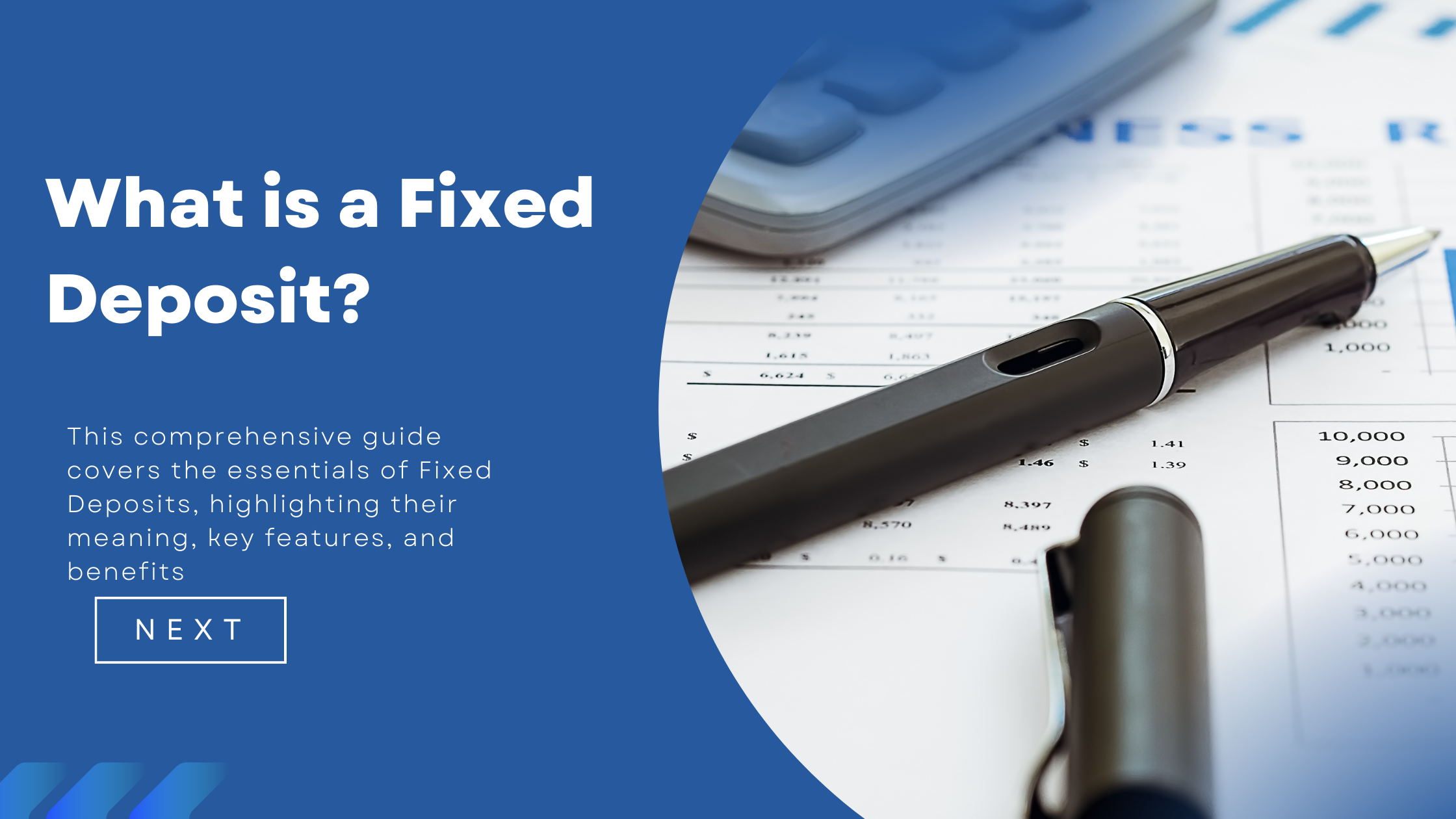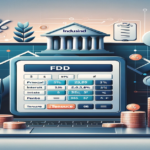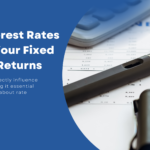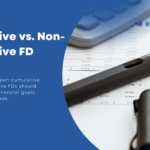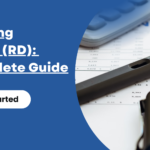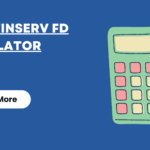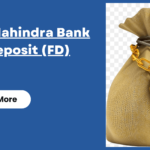Fixed Deposits (FDs) are a traditional investment option widely offered by banks and financial institutions, providing a safe avenue for investors to earn a fixed return on their savings. This article will break down the meaning of Fixed Deposits, their essential features, and the benefits they offer.
Meaning of Fixed Deposit
A Fixed Deposit (FD) is a type of financial instrument that allows you to deposit a lump sum amount with a bank or financial institution for a predetermined period at a fixed interest rate. Once you invest, the interest rate remains the same for the entire tenure, ensuring predictable returns. At the end of the tenure, you receive the original amount along with the accrued interest.
For instance, if you deposit ₹1 lakh for a 1-year FD at an interest rate of 6%, you’ll receive ₹1,06,000 at the end of the year, guaranteeing you an additional ₹6,000 without market-linked risks.
Key Features of Fixed Deposits
- Fixed Tenure: FDs have a predefined tenure, which can range from 7 days to 10 years, allowing flexibility based on your financial goals.
- Guaranteed Returns: Unlike market-linked investments, FDs offer fixed returns. Once locked, the interest rate does not change with market fluctuations.
- Interest Payout Options: You can choose to receive interest monthly, quarterly, or at the time of maturity, providing flexibility in income flow.
- Tax Deducted at Source (TDS): Interest earned on FDs is subject to TDS if it crosses a specified threshold. However, certain tax-saving FDs also allow deductions under Section 80C of the Income Tax Act.
- Premature Withdrawal: Though FDs can be withdrawn before maturity, it may incur a penalty. Check the terms with your bank for clarity on the charges.
Benefits of Investing in Fixed Deposits
1. Safe and Secure Investment
FDs are not subject to market volatility, making them a low-risk investment. They are especially suitable for conservative investors or those nearing retirement.
2. Assured Returns
With FDs, your returns are pre-determined, as the interest rate is fixed for the entire tenure. This is ideal for individuals seeking a stable income.
3. Flexible Tenure
You can choose from various tenures depending on your needs. Short-term FDs provide quick liquidity, while long-term FDs offer compounded returns over time.
4. Loan Facility
Many banks offer loans against your FD amount, allowing you to meet urgent financial needs without breaking your investment.
5. Tax-Saving Options
Some FDs, with a lock-in period of five years, are eligible for tax deductions under Section 80C. This feature makes them an attractive choice for taxpayers looking to reduce their taxable income.
Why Choose Fixed Deposits Over Other Investments?
Fixed Deposits stand out because they offer guaranteed returns without the complexity of market analysis or the fear of losses. Although they may not offer the high returns seen in stocks or mutual funds, they are a reliable choice for risk-averse investors or those seeking a balanced portfolio.
For more insights on Fixed Deposits and how they fit into your financial planning, read our other articles and use our FD Calculator to estimate your returns based on various tenure and interest rates.
